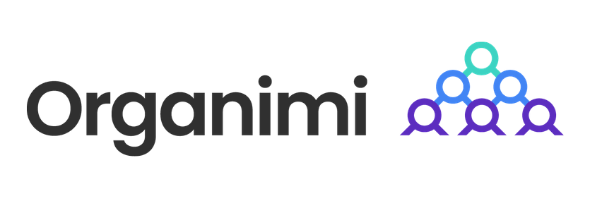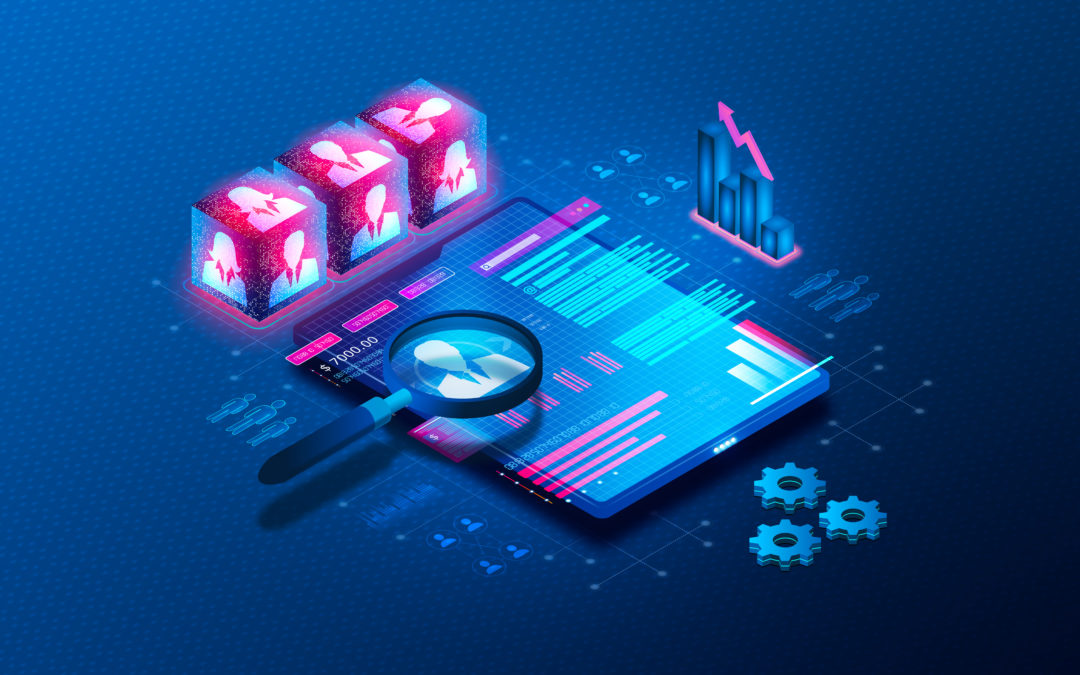As organizations grow and evolve, so too do the challenges they face. From recruiting the very best talent to managing employee progression, engagement, and retention, human resources (HR) is the organizational function that arguably faces the greatest of these challenges, particularly in the post-Covid environment where retention figures have never been so low.
At the same time as HR teams face some of their most pressing challenges for a generation, the evolution of artificial intelligence (AI) and automation has transformed how we think about and approach the world of work.
Indeed, the proliferation of these technologies has itself created a whole new set of challenges (and, of course, opportunities) for the HR function, with many HR professionals finding that if they can strike the right balance between the status quo and adopting these technologies, they can tackle some of their most pressing challenges with greater accuracy, efficiency, and effectiveness.
AI and Automation for HR: Not a New Concept
The use of AI and automation is not a new development. HR teams have been using both technologies, albeit at a relatively low level, for many years.
As the technology matures, however, it is becoming more ingrained in the tools and applications that the HR function utilizes, and by extension, it’s beginning to have a greater impact on it overall.
By understanding the opportunities and challenges associated with the proliferation of AI and automation in the HR function, HR leaders and professionals can make informed decisions on how they can best use these transformative technologies for the benefit of their organizations. They can also take steps to mitigate any potential pitfalls and risks and ensure that the technologies are used proportionally, responsibly, and ethically.
AI and Automation in HR: The Opportunities
The growth of AI and automation offer many opportunities for HR teams who utilize them effectively.
Better Recruitment Workflows
AI tools and software can help HR teams to process resumés and job applications more quickly, accurately identify the most suitable candidates, and even conduct initial screening interviews. With AI, there’s also a lower risk of both conscious and unconscious human bias from the interviewing and selection process, which can help to improve the diversity of the candidate pool and, consequently, the workforce.
More Efficient Onboarding
AI-powered onboarding and training programs can help HR teams to implement a more efficient, personalized, and engaging onboarding process that is tailored to each employee’s unique needs. These AI-powered onboarding processes can help employees quickly get up to speed with what they need to know about the important aspects of their role, organizational culture, policies, and procedures.
Increased Productivity
One of the biggest benefits of AI and automation technologies is the dramatic improvements and significant cost savings that they can enable… when they are used efficiently, that is. At a basic level, this is achieved through the automation of repetitive tasks such as data entry while at a higher level, they can enable HR teams to reinvent their workflows and processes to make them more efficient and impactful.
AI and Automation in HR: The Challenges
At the same time, HR and automation bring with them many challenges that HR teams will need to work to overcome.
Potential Job Losses
Skeptics reckon that AI will eventually lead to nobody having a job. While that’s never going to become a reality, there is some merit to people’s concerns surrounding the growth of AI and job security. As more HR tasks become automated, some jobs may become obsolete, and this will undoubtedly lead to job losses and employee displacement, which will ultimately lead to a negative impact on employee morale and retention. HR leaders and professionals should therefore prepare to reskill or upskill where necessary so that they can transition to new roles.
Lack of Human Interaction
As AI and other technologies become more ingrained in our day-to-day working lives, human interaction could begin to slow down. While AI, automation, and other technologies can be brilliant, they cannot replace the human element often needed in HR tasks such as performance reviews, recruitment, and conflict management. As such, HR teams need to be careful to balance the use of these technologies with human interaction to ensure that employees feel like more than just a number.
Potential Algorithmic Bias
It’s well known that the machine learning models and algorithms that power AI solutions can be susceptible to bias. This all depends on the quality of the data that said models are trained on, and the resulting bias can be difficult to spot. In the context of HR, for example, an algorithm could have been inadvertently (or intentionally!) trained to prioritize candidates who have attended particular schools or have a certain work history. This would put those who don’t meet that algorithm’s expectations at an unfair and significant disadvantage.
AI will transform HR; leaders must implement it appropriately
AI and automation are no longer solely being used to take care of routine and repetitive tasks but they’re also being used to augment human capabilities and enable HR teams to collaborate and innovate in new ways. As a result of this, HR leaders must rethink the role of their function within the wider organization and develop new ways of working in the digital era.
In addition, HR leaders must look to promote a culture of learning and agility by providing their workforce with learning opportunities and enhancing the employee experience while addressing the ethical and social implications of the use of AI and automation.

